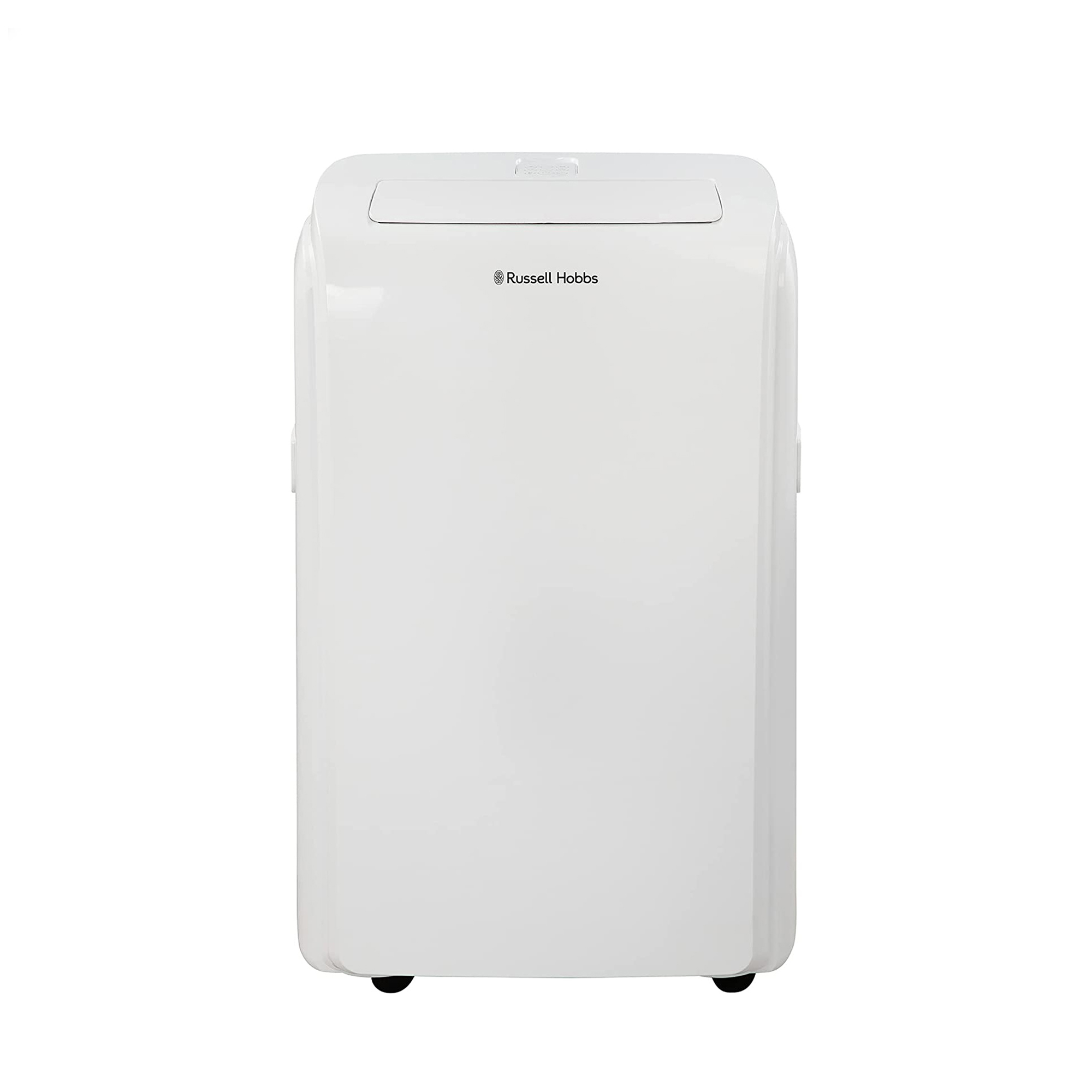5 of the worst places to put an air conditioner – experts warn to steer clear of these spots to keep your unit running efficiently
Expert advice for maximum efficiency and safety
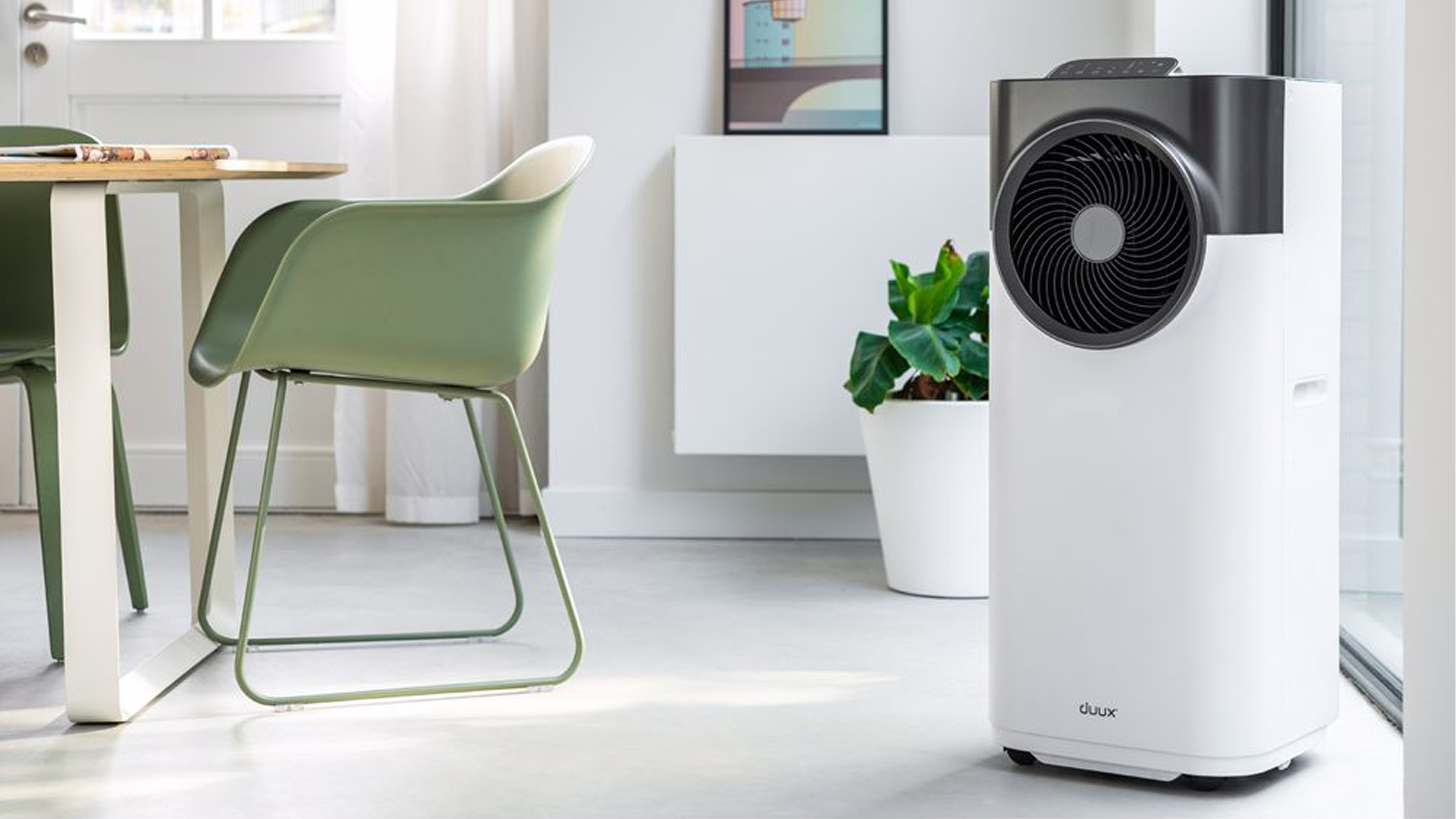

The luxury of owning an air conditioner is something not many people get to experience, especially if you live in the UK where it's simply not necessary for 90% of the year. However, in recent years where British summers have become unbearably hot, we're seeing more people than ever caving into purchasing an AC unit to curb the discomfort.
But, it's not enough to simply put your air conditioner just anywhere in your home as there are a handful of places you should avoid putting an air conditioner that could limit its performance and even put your household at risk.
So, before you bring out your best portable air conditioner from where it's been stored away all winter long in an attempt to keep a bedroom cool, we've asked appliance experts for their advice on where not to put an air conditioner to ensure it runs at maximum efficiency for years to come.
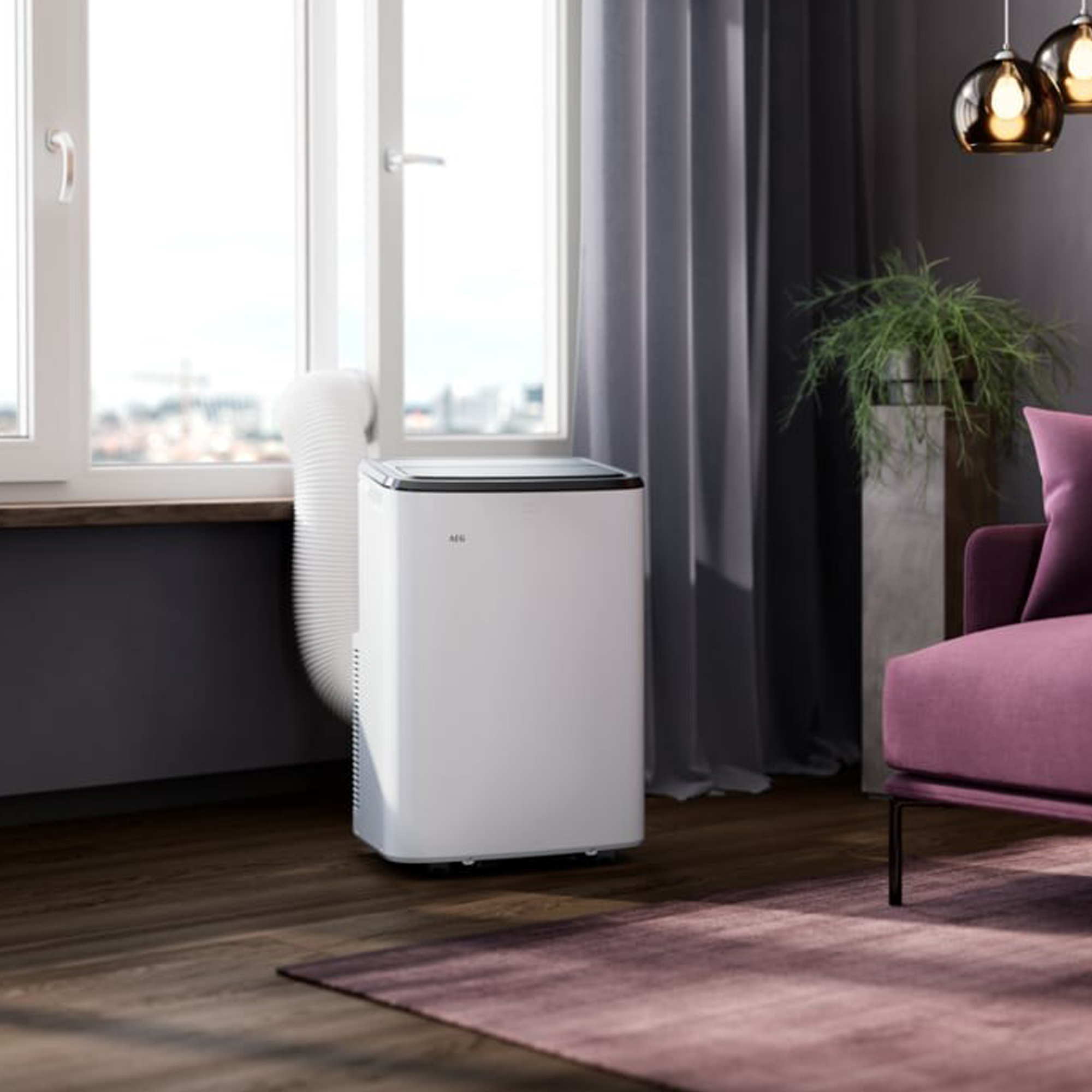
The worst places to put an air conditioner
'As the warmer months approach, many homeowners will be looking at various methods to help keep internal temperatures down, with air conditioning systems being one of them,' begins James Longley, managing director at Utility Bidder. In many cases, it's the desired method to keep cool compared to using one of the best fans, for example.
'When temperatures are high during the summer months, air conditioning units can provide some much-needed relief from the heat, but it's important to understand where these units should be placed in order to get the maximum potential from them.'
Here are 5 places in your home where you should avoid putting an air conditioner.
1. In direct sunlight
First and foremost, you must keep air conditioners away from direct sunlight. In fact, Joshua Warren, AO's air conditioner expert, even says that this is something you should avoid at all costs.
'Keeping your air conditioner in sunlight can force the appliance to work harder, leading to increased energy consumption and potential overheating of the unit,' continues Joshua. Overheating an air conditioner can lead to mechanical problems, damaging the unit and potentially causing a fire risk in your home.
Instead, David Rees, appliance expert from HomeSupply advises placing your air conditioner near shaded windows to keep it out of direct sunlight. 'By being placed out of direct light, the air conditioner will not use as much electricity to cool a room,' he assures.
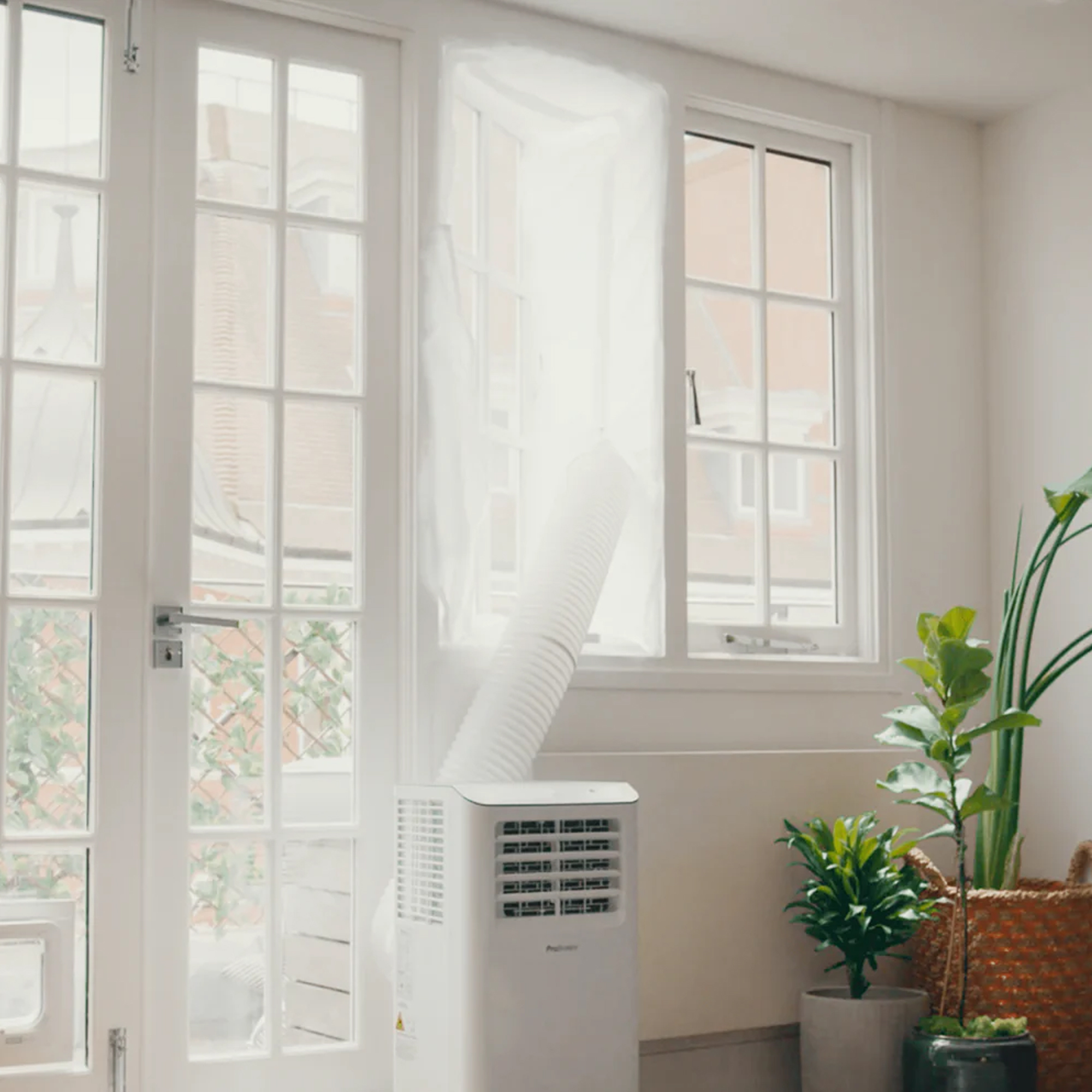
2. Near heat sources
Similar to the first point of keeping air conditioners away from direct sunlight, AC units should also never be put near heat sources as it could run up the cost of running an air conditioner.
'Heat sources like stoves, ovens, and radiators can hinder your air conditioner's efficiency. Keeping your appliance near these can interfere with its ability to cool effectively and may also cause damage to the unit,' warns Joshua.
David explains that this is because 'your air conditioner may mistakenly think that the temperature is higher and may run unnecessarily to try and compensate for this, thereby wasting energy.' This is a common theme we've seen in the likes of the worst places to put an air fryer, too.
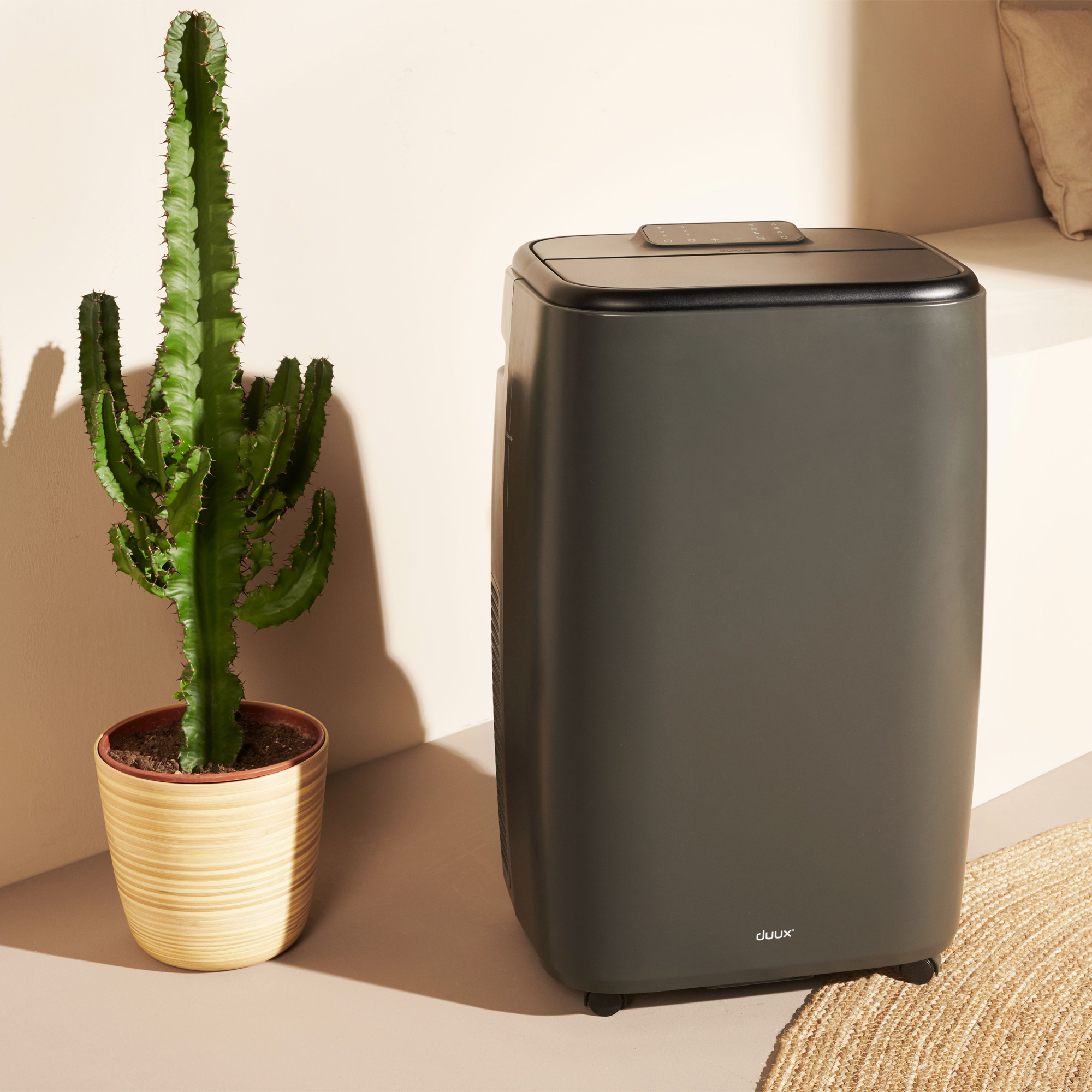
3. In a poorly insulated area
When considering where to put an air conditioner, many people often forget about insulation. Similar to ensuring you keep your air conditioner away from heat sources as it has to compensate further to work well, the same goes for poorly insulated areas.
'Putting your AC in poorly insulated areas like the attic or garage means it has to work extra hard to keep things cool, which could hike up your energy bill,' warns Ian Palmer-Smith, resident appliance repair expert at Domestic & General. 'So do try to pick a spot with good insulation to help your AC run more efficiently.'
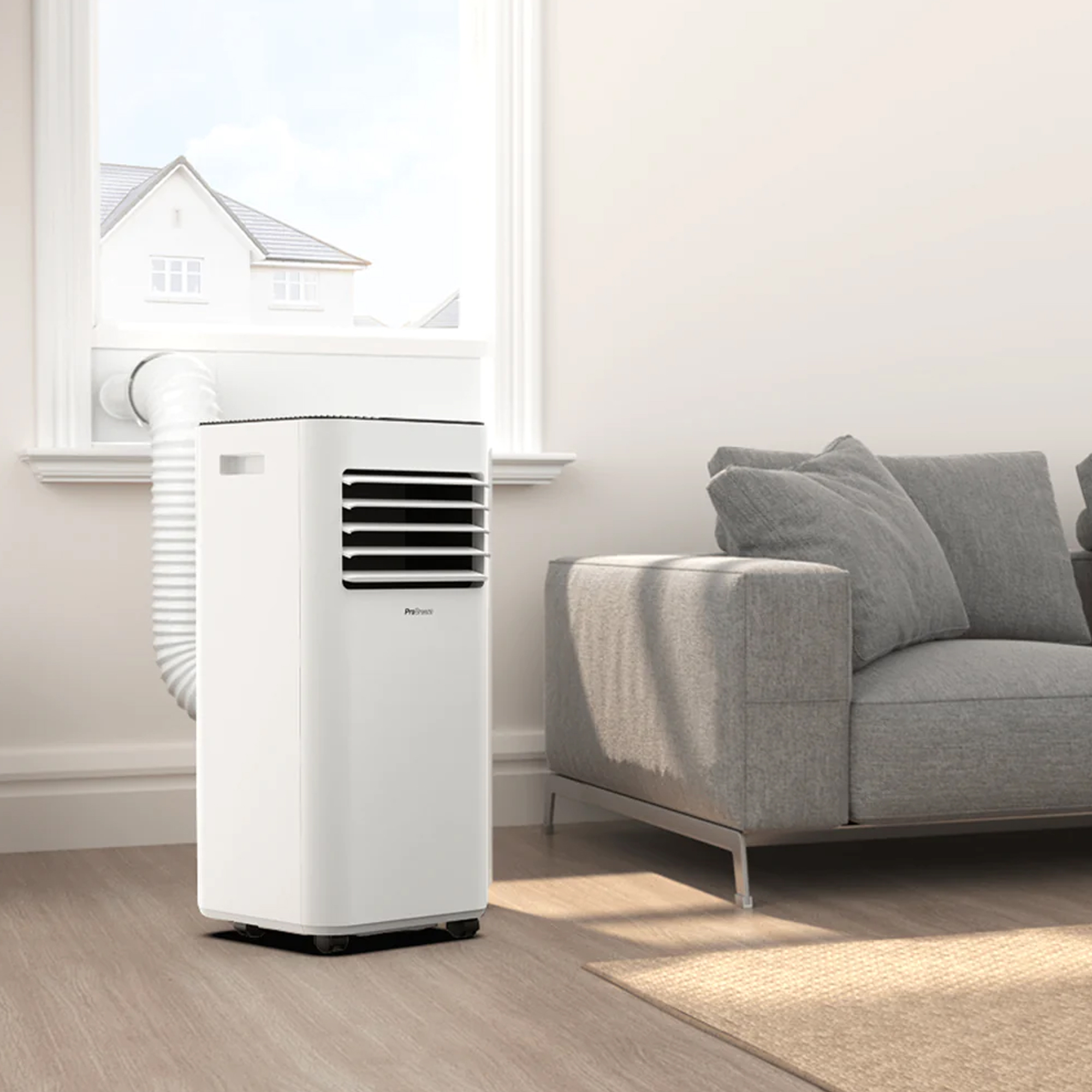
4. Moist or damp areas
This should go without saying, but you should never put an air conditioner in damp areas like a bathroom and even a kitchen in some cases.
'Any area prone to moisture and dampness can damage your air conditioner and clean lead to mould or mildew growth,' cautions Joshua.
5. Closed spaces
Lastly, you must keep your air conditioner away from extremely closed and tight spaces with little ventilation. Joshua explains that this is because doing so can lead to 'poor air circulation and reduced cooling efficiency' – none of which are desirable.
'For both wall-mounted and freestanding units, you want to make sure they’re in an open space and away from furniture. If items of furniture are close to the unit, they can block the flow of air which can result in the unit being unable to cool the whole room correctly,' explains James.
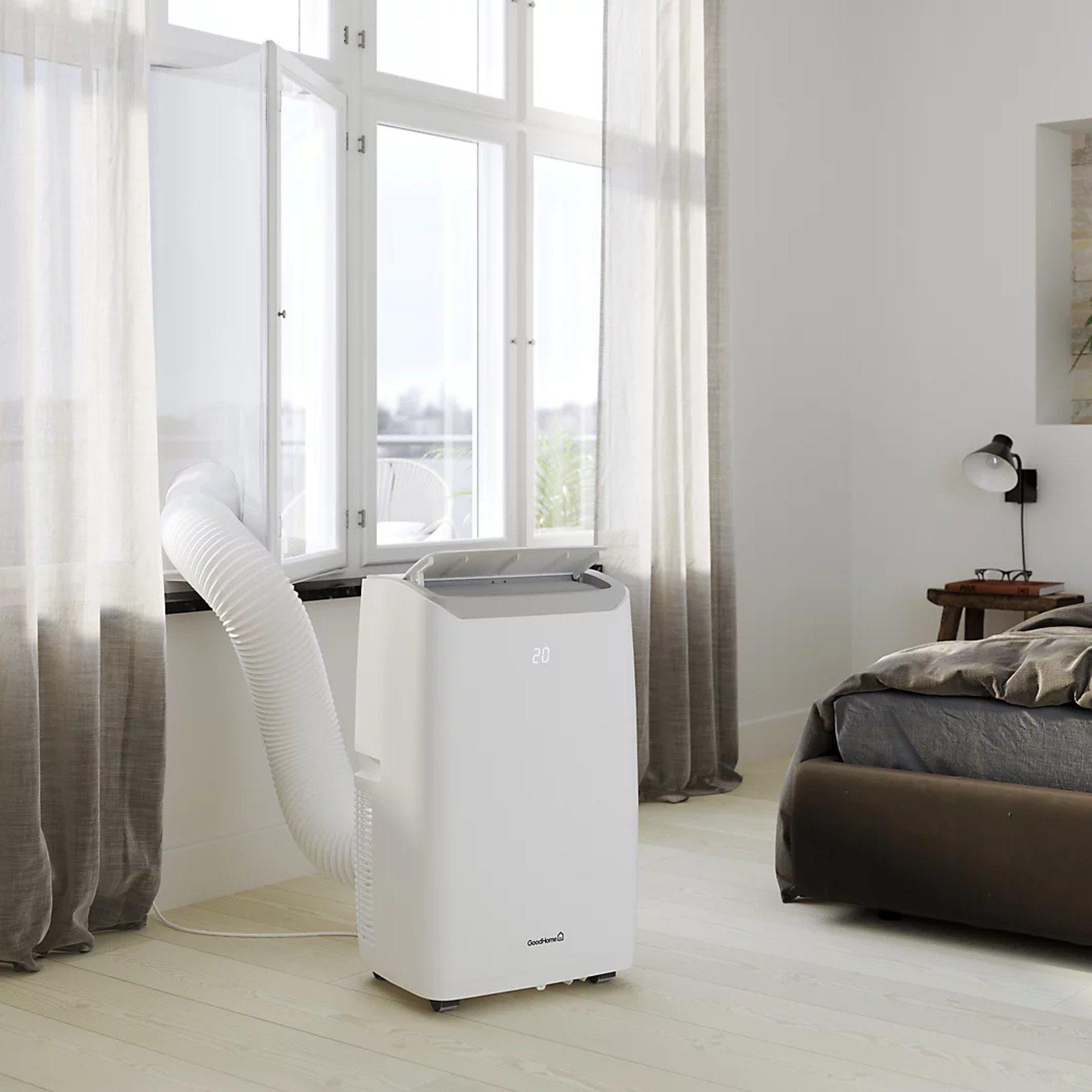
If the summer is anything like last year then we're expecting that it'll be difficult to find air conditioners in stock again. So, if you've decided to opt for an air conditioner over an air cooler this summer, we suggest making your purchase sooner rather than later.
To get you started, here are the top three we've reviewed and rated highly at Ideal Home.
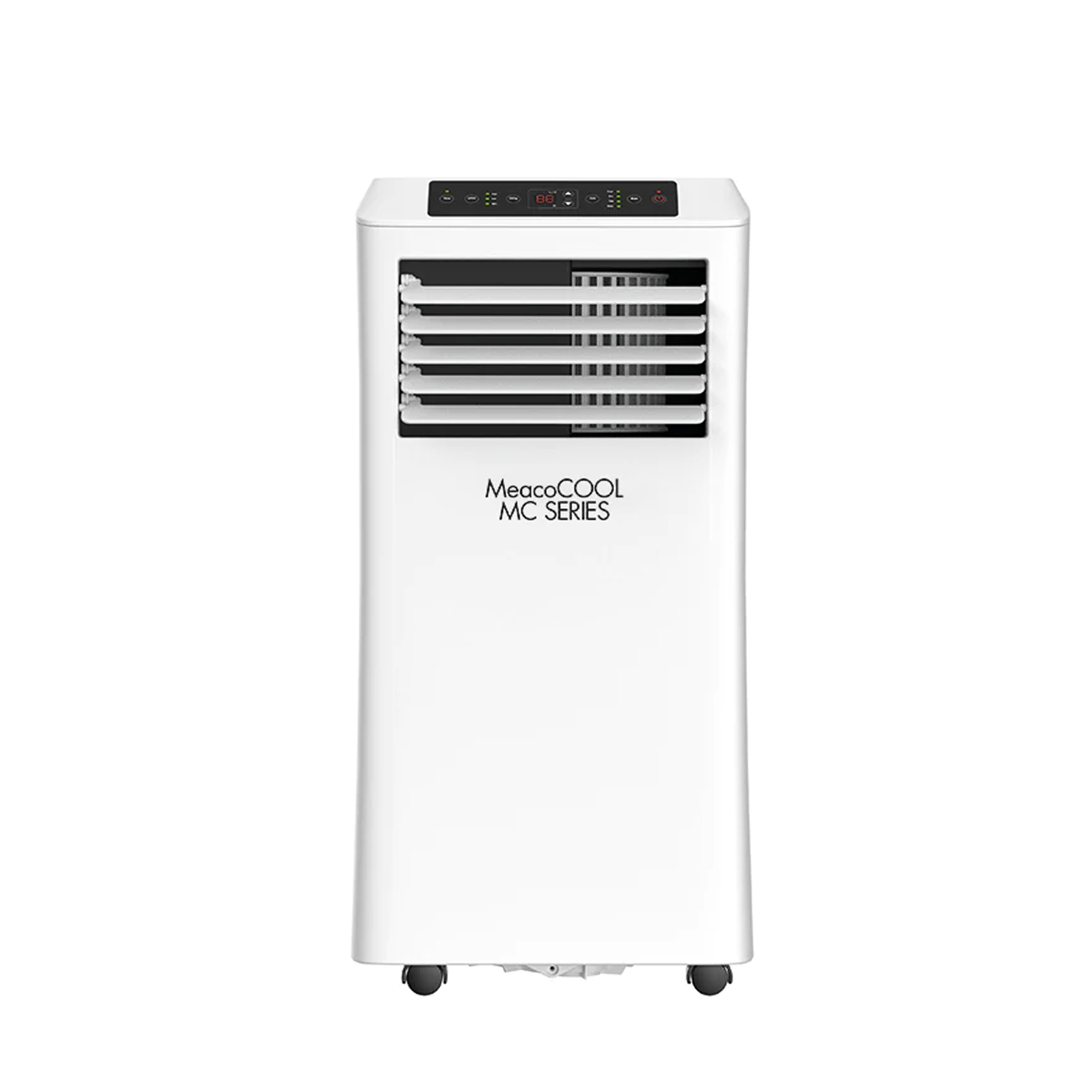
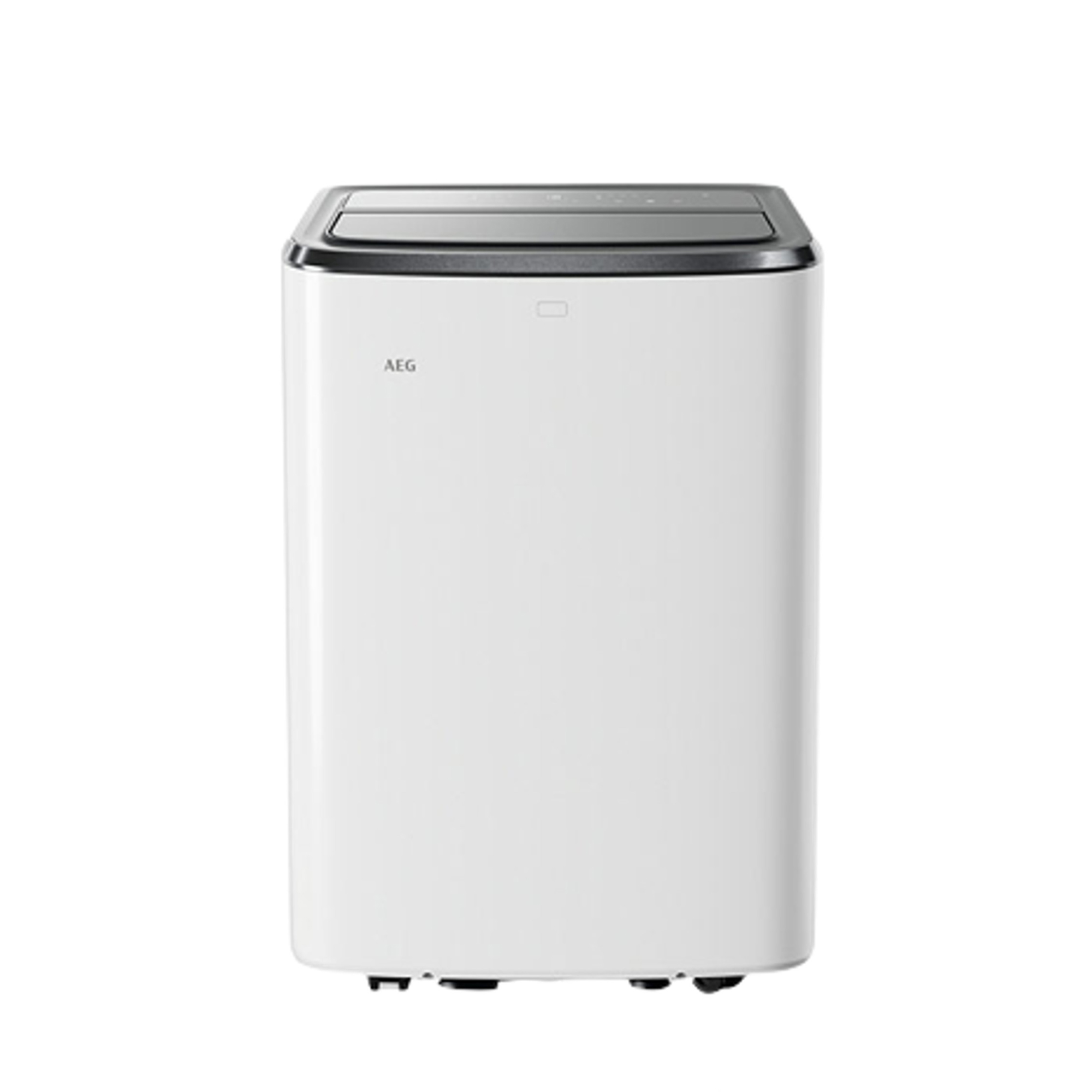
FAQs
Where is the best place to put an air conditioner?
As a general rule of thumb, aim for the middle of your home when considering air conditioner placement. Not only does this keep your air conditioner running well and thus protect your investment, but it'll also help you save energy at home as it covers more ground in your household.
'Putting your air conditioner in a central spot like the living room or hallway helps spread the cool air evenly throughout your house,' says Ian.
Alternatively, Colin Swift, head of product line at AEG suggests prioritising placing a portable air conditioner near a window to vent warm air outside effectively – so long as you keep it away from direct sunlight.
Now you know where not to put an air conditioner, this should hopefully inform how you choose to position your AC unit to ensure maximum efficiency come those hot summer days. You'll be glad you did.
Get the Ideal Home Newsletter
Sign up to our newsletter for style and decor inspiration, house makeovers, project advice and more.

Jullia was Ideal Home’s Junior Writer from 2022-2024 and the Ideal Home Certified Expert in Training on Vacuums having spent over 60 hours testing different models. She’s always loved all things homes and interiors, graduating with a bachelor’s degree in Architectural Studies from the University of Nottingham where her love for writing blossomed following her internship at ArchDaily. Now focused on home tech and cleaning, Jullia works on writing features and explainers to help people make the most of their home appliance investments, putting the newest launches through their paces. When she isn’t writing, she loves exploring the city, coffee shop hopping, and losing hours to a cosy game or book.
-
 Will a conservatory add value to your home and how can you maximise it?
Will a conservatory add value to your home and how can you maximise it?This is what the pros say
By Amy Reeves
-
 I’ve been looking for a new signature scent for my home and The White Company's new fragrance is the exact summer holiday smell I needed
I’ve been looking for a new signature scent for my home and The White Company's new fragrance is the exact summer holiday smell I neededSantorini smells fresh, summery and sophisticated
By Kezia Reynolds
-
 How to remove algae from garden walls in five steps – and the cleaning product experts rave about for tackling it fast
How to remove algae from garden walls in five steps – and the cleaning product experts rave about for tackling it fastExperts share their top tips for getting garden walls algae-free
By Katie Sims
